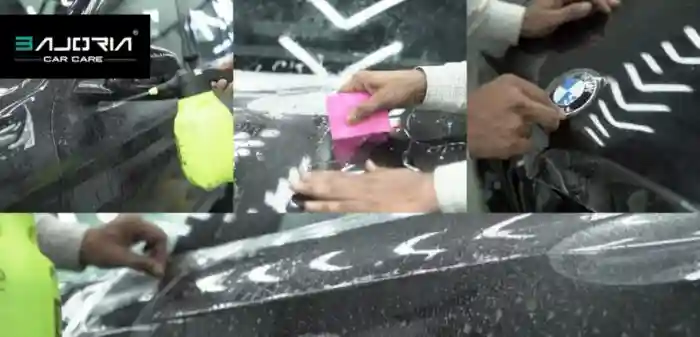 PPF
PPF
How to Diagnose Common Engine Problems
Engines are categorically the heart of each vehicle and heavy machinery. When they fail, performance, safety, and efficiency are compromised. While some issues may appear to be complex, there are numerous common engine problems that are easily identifiable through simple observation and basic troubleshooting. Recognizing early warning signs is crucial; it does not just prevent costly breakdowns but also significantly extends the life of the engine. If you also want to protect the exterior of your car, then PPF Nagpur can assist with this as well. Engine diagnosis entails checking …
